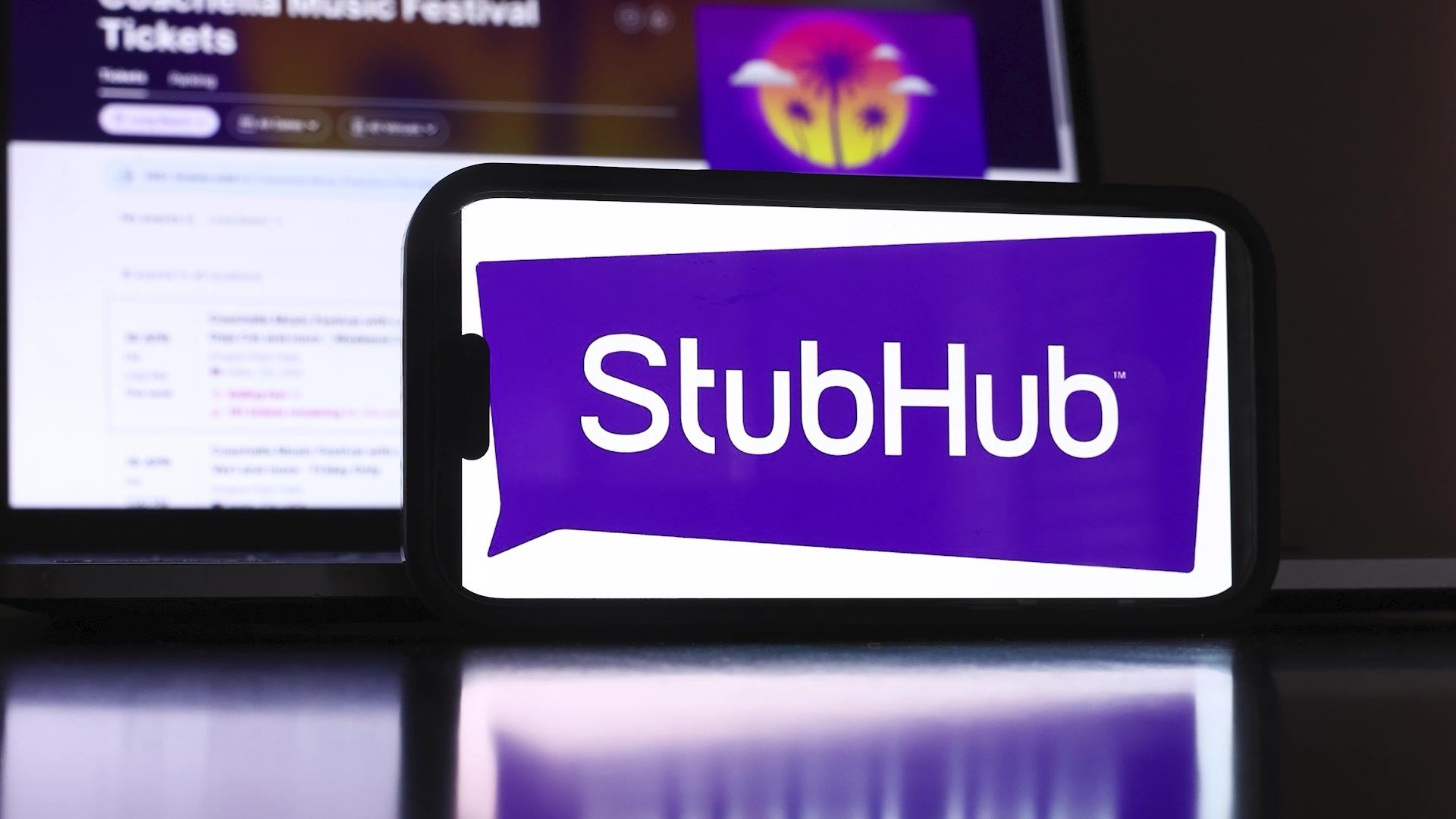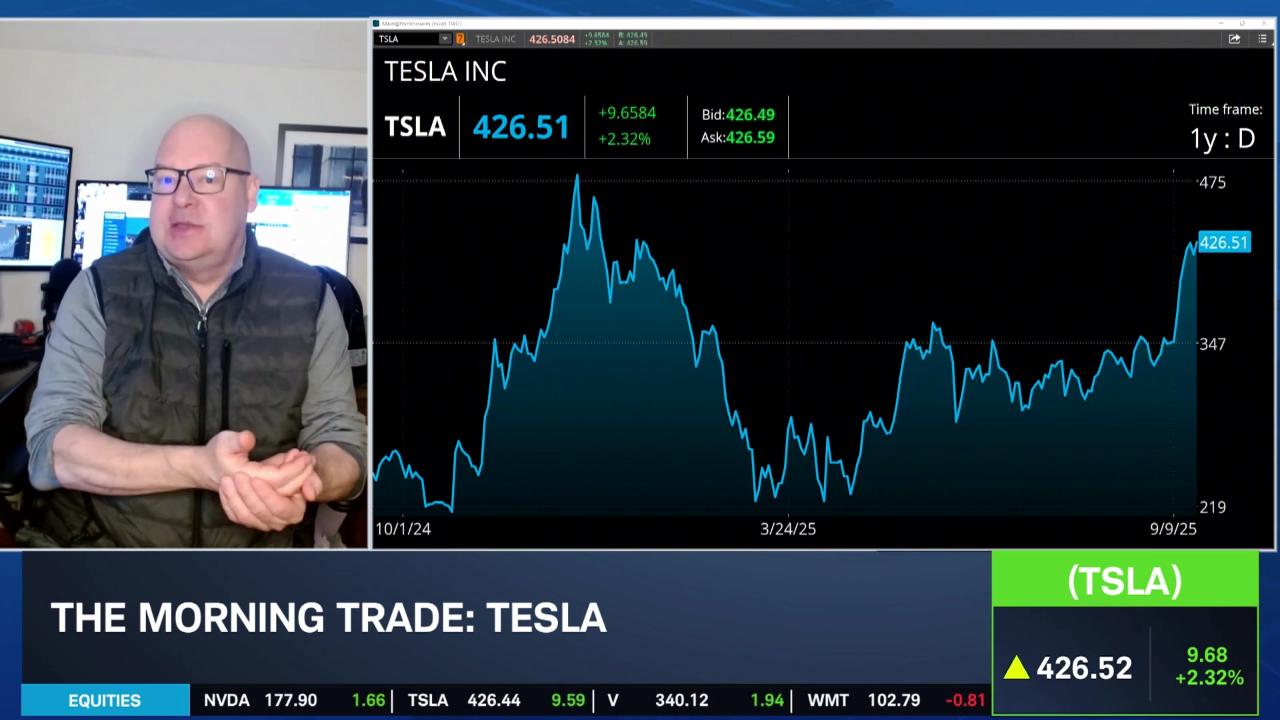- Market Minute
- Posts
- Breaking Down the StubHub (STUB) IPO
Breaking Down the StubHub (STUB) IPO

StubHub (STUB), the well-known ticket seller, made its IPO earlier this week. A sudden influx of public capital could support the company’s long-term growth initiatives, but will it be enough to fend off a potentially weakening consumer market leading up to its first quarterly earnings release?
StubHub has been trying to go public for a while. The IPO was originally delayed July 2024 due to market volatility, but then delayed again this April after the first round of tariffs was announced.
Shares dropped over 6% on its first day of trading, though that’s not necessarily unusual. It opened at $25.35 after being priced at $23.50/share, which raised $800 million for the company. As a whole, StubHub is valued around $8 billion.
Post-pandemic concert business may be elevated as acts of all stripes start touring again – and mega-blockbusters like Taylor Swift’s Eras Tour or Beyoncé’s Renaissance Tour pump billions of fan dollars into the sector internationally. Tickets are in demand, and ticket sellers hold the keys.
StubHub serves as a reselling platform, so it can potentially get cuts from the same ticket multiple times. It spans all genres of events, from concerts to theater to comedy to sports. Its site also entices fans to buy into their ecosystem by connecting Spotify (SPOT) accounts, creating a more “personalized” experience, but also learning about consumption patterns it could use to predict future business.
StubHub is not the only player in the space – Ticketmaster and Live Nation (LYV) are other giants. However, all three have been under legal scrutiny the last few years. In fact, this week the FTC filed a suit alleging Ticketmaster “used deceptive pricing tactics and earned hundreds of millions of dollars selling tickets acquired illegally by brokers, costing consumers billions of dollars in inflated prices and additional fees.”
Fans have long complained about ticket seller fees, especially since many times, they don’t show up until the very end of the transaction. But there are a lot of ways that ticket prices can inflate from the original listing.
As concert fans know, tickets to hot events can sell out within minutes, maybe even seconds. People will frantically refresh browsers and try dozens of ways to hop to the front of the queue – and they’re fighting professional resellers for access at the same time. Those middlemen buy up as many tickets as possible and resell them at an inflated price. Platforms may have less incentive to prevent this since that creates a higher volume of total sales, which they profit from.
Other attempted government remedies include an executive order in March to ensure price transparency and combat anti-competitive conduct within the industry. These regulations and lawsuits could substantially change the industry in which StubHub and others operate going forward.
Looking at their S-1, StubHub boasts that in 2024 they had events in 90+ countries/territories, buyers in 200+ countries/territories, more than 40 million tickets sold and $8.7 billion in Gross Merchandise Sales (GMS).
It argues that the secondary marketplace is an “indispensable part” of the live events ecosystem, claiming that “primary ticketing models” lose $22 billion a year as event tickets go unsold. It believes that it can continue run a “growth flywheel” and “liquidity flywheel” bolstered by continued fan adoption – and marketing data.
As long as live events keep growing and people are willing to buy tickets, StubHub can also keep growing. We’ve seen the industry come roaring back post-pandemic. In the background of this hype, though, the Fed predicts that the unemployment rate will keep rising, and inflation is still stubbornly above its 2% benchmark. Investors must consider whether government intervention or weakening consumer spending power will slow the flywheels.
Featured Clip
Tune in live from 8 a.m. to 5 p.m. ET, or anytime, anywhere, on‑demand.
Or stream it via thinkorswim® and thinkorswim Mobile, available through our broker-dealer affiliate, Charles Schwab & Co., Inc
Please do not reply to this email. Replies are not delivered to Schwab Network. For inquiries or comments, please email [email protected].
See how your information is protected with our privacy statement.
Charles Schwab and all third parties mentioned are separate and unaffiliated, and are not responsible for one another's policies, services or opinions. Schwab Network is brought to you by Charles Schwab Media Productions Company (“CSMPC”). CSMPC is a wholly owned subsidiary of The Charles Schwab Corporation and is not a financial advisor, registered investment advisor, broker-dealer, or futures commission merchant.

